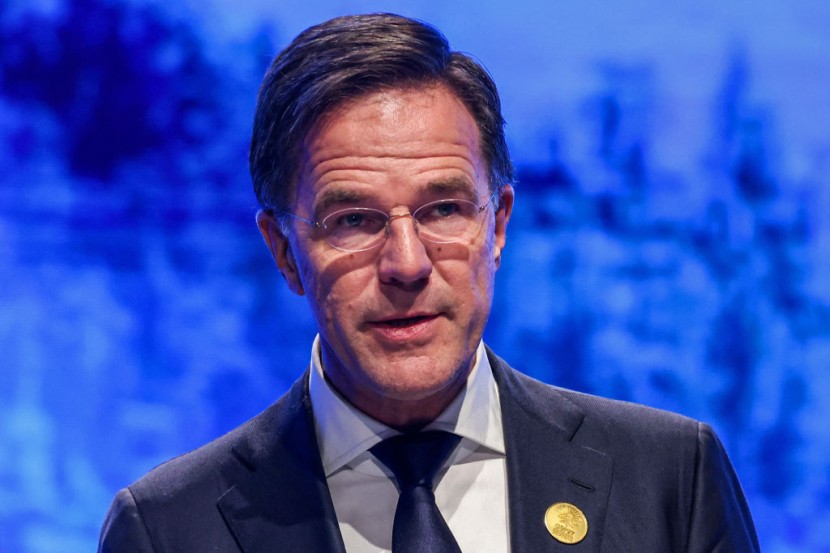As the race for NATO's next Secretary General intensifies, Mark Rutte, the outgoing Dutch Prime Minister, is at the forefront, despite facing significant opposition from various quarters.
Mark Rutte's candidacy comes at a time when there's an increasing call for gender diversity in NATO's leadership and concerns over the Netherlands' defense spending under his administration, as per Politico.
Mark Rutte's NATO Bid Faces Criticism

Rutte, known for his diplomatic prowess and strong relationships with key European leaders, has garnered the support of high-ranking officials in the US, Germany, and France. His cordial relationship with French President Emmanuel Macron plays a significant role in his favorability. According to a French diplomat, the mutual appreciation between Macron and Rutte is well-known.
However, Rutte's candidacy is not without its critics. US lawmakers have expressed strong reservations due to the Netherlands' consistent failure to meet NATO's defense spending target of 2 percent of gross domestic product (GDP).
This puts Rutte in a challenging position compared to Estonian Prime Minister Kaja Kallas, who has pledged to raise her country's defense spending to 3 percent of GDP, a significant commitment given the current geopolitical climate and Estonia's robust support for Ukraine.
Latvia's Foreign Minister Krišjānis Kariņš, another contender, has emerged as an underdog in this race, surprising even some within his own country. The candidacies of Kallas and Kariņš highlight the growing discontent among Baltic nations with Western Europe's approach to Russia and support for Ukraine.
The debate in the United States over the next NATO leader is closely tied to concerns about equitable burden-sharing within the alliance.
Senator Dan Sullivan has been vocal about his dissatisfaction with NATO members, including the Netherlands, for not meeting defense spending commitments. This sentiment is echoed in a bipartisan manner across the US Senate, reflecting the political weight of this issue, according to Bloomberg.
Read Also : Missing Israeli Woman Shani Gabay Found Dead
Debates Over NATO's First Female Secretary General
Concurrently, there's a strong push within the Democratic Party, and among other NATO members, for appointing the first female Secretary General. Senator Jeanne Shaheen emphasizes that while gender diversity is important, the chosen candidate should represent a country committed to NATO's defense spending goals.
Amidst these discussions, the White House remains non-committal on any preferred candidate, focusing instead on the broader goal of strengthening transatlantic security.
The Netherlands' track record on defense spending further complicates Rutte's candidacy. The country's defense expenditure has consistently fallen short of the 2 percent GDP target set by NATO.
This year, the Netherlands plans to spend 1.7 percent of GDP on defense, with a slight increase projected for the following years. This shortfall has been a point of contention, particularly in the context of the NATO summit and the ongoing situation in Ukraine.
As NATO plays a crucial role in coordinating support for Ukraine in its conflict with Russia, there's a growing argument for a leader from the alliance's eastern flank, reflecting the changing dynamics and security concerns in Europe.
Rutte's political future in the Netherlands also influences the race. Having announced his departure from Dutch politics after a record-breaking tenure as Prime Minister, Rutte's potential move to NATO's leadership marks a significant transition in his career and in the alliance's future direction.
© 2026 HNGN, All rights reserved. Do not reproduce without permission.








